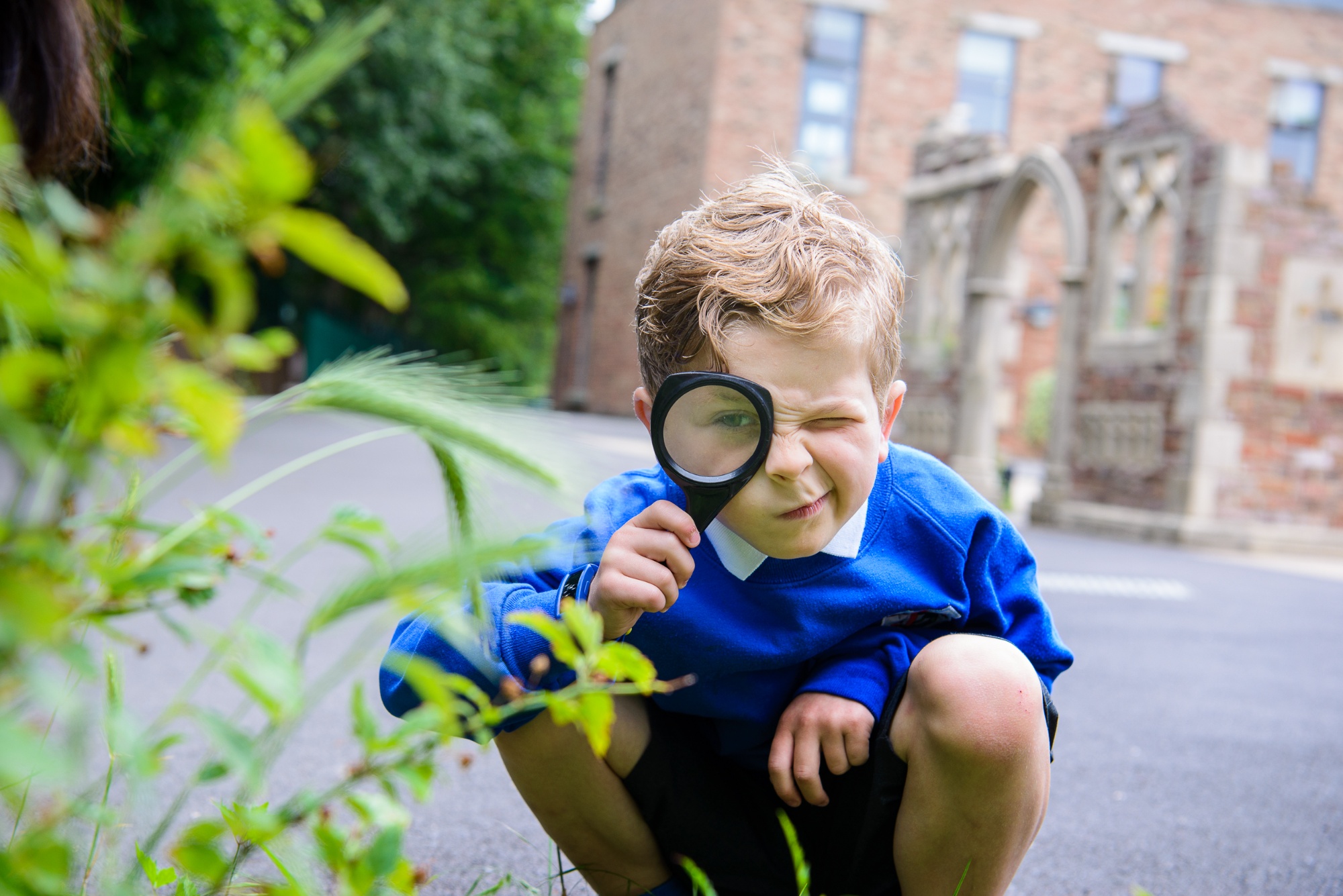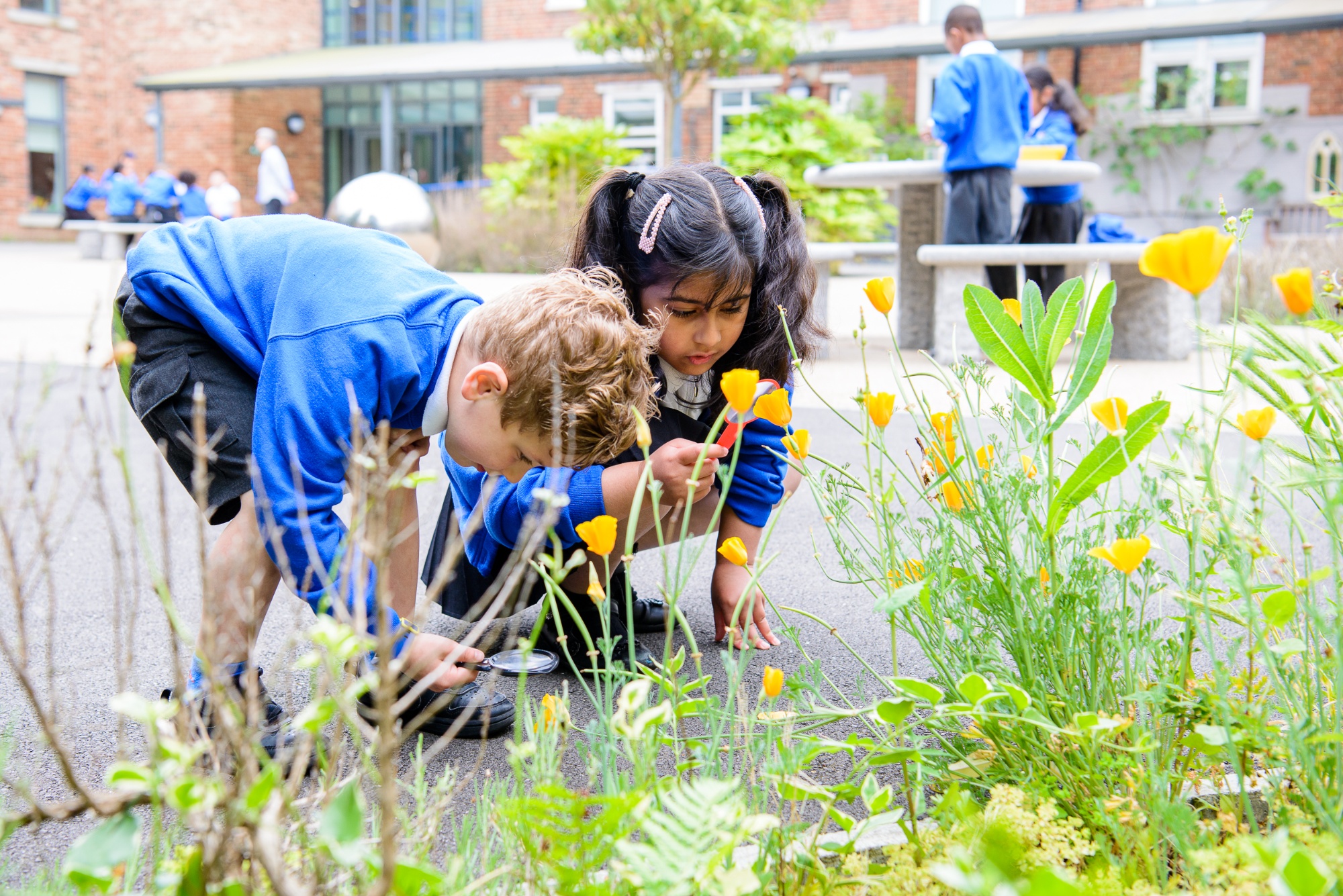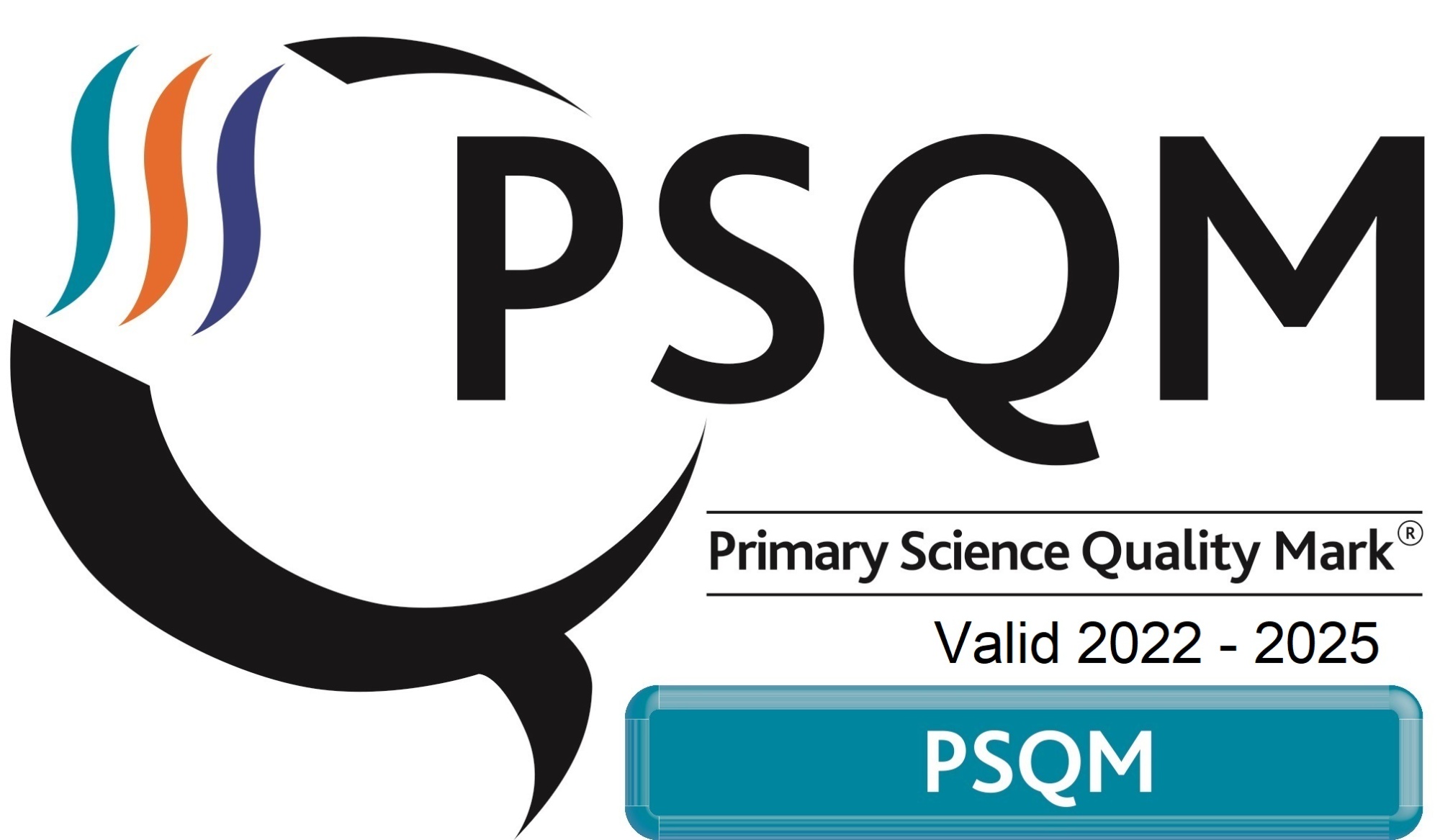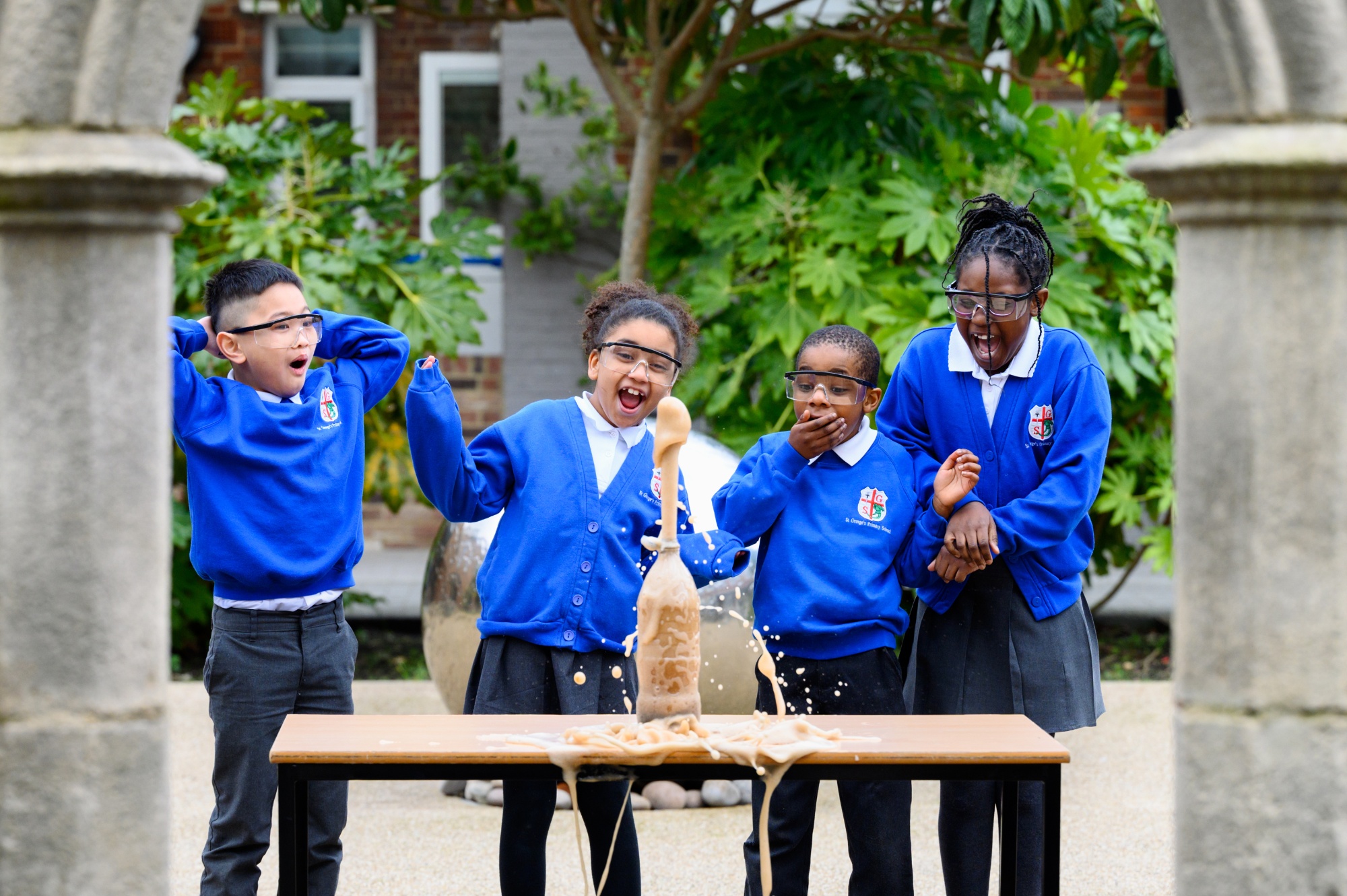Science
Be academic.
Be curious.
Be practical.

Our Science Curriculum Vision Statement
Be academic. Be curious. Be practical.
Intent
Our intent is to deliver the content outlined in the science programmes of study within the national curriculum, augmented  with powerful knowledge, carefully selected to build upon our pupils’ starting points of cultural capital.
with powerful knowledge, carefully selected to build upon our pupils’ starting points of cultural capital.
To this end, we follow the Curriculum with Unity Schools Partnership (CUSP) model curriculum. This is a knowledge-engaged progress model which clearly outlines the key knowledge and vocabulary for each stage of learning in sequence. It has been deliberately adapted in order for pupils to see themselves in the curriculum and prepare them for life in modern Britain.
Implementation
All areas of our curriculum are implemented using ten principles of effective instruction outlined in our Teaching Touchstones, which work in symbiosis with the Gradual Release Towards Independence model for teaching.
In science, we are passionate about implementing our curriculum through inquiry-based learning. Alongside delivering substantive knowledge, we also teach children the disciplinary knowledge for them to think like a scientist and gain science capital. We will develop children’s understanding of the nature, processes and methods of science through exposing them to a variety of science enquiries and outdoor experiences that help them to answer scientific questions about the world around them.
We want to ensure our pupils are equipped with the scientific knowledge required to understand the uses and implications of science, today and for the future.
Impact

The impact of our curriculum is directly aligned to our whole school vision and culture statements, as well as the science vision statement and the aims and purposes set out in the national curriculum.
We say to our pupils:
Be academic:
This means we want our pupils to:
Be brave:
-
Critically evaluate theories.
-
Use a growth mind-set when coming across challenging theories, language or scientific work.
Be great:
-
Understand the theories about the world around us.
-
Know about a diverse range of scientists whose work has impacted on the field of science.
-
Use scientific vocabulary to explain their understanding of concepts and theories.
-
Understand, change, and articulate misconceptions they previously held.
Be you:
-
Recall the knowledge from their organisers and input it into their own schema maps through generative practice.
-
Actively connect their own schema from previously learned topics and their own mental models built from personal knowledge and experience.
-
Create their own opinions based on theories and investigations.
Be curious
This means we want our pupils to:
Be brave:
-
Ask questions about the world around them.
-
Ask questions about current scientific theories.
-
Have the bravery to let curiosity guide them to an answer.
-
Build a variety of new scientific vocabulary.
-
Address their own misconceptions.
Be great:
-
Make independent observations.
-
Gain knowledge of concepts to be ready for the next stage.
-
Address misconceptions.
-
Explore new scientific vocabulary and use it precisely.
Be you:
-
Independently create their own questions and investigations to explore and confirm theories.
Be practical
This means we want our pupils to:
Be brave:
-
Create practical investigations to test theories.
-
Give independent conclusions to summarise their own findings.
-
Not be afraid to have their hypothesises be proved incorrect through the scientific method.
Be great:
-
Use a variety of approaches to answer relevant scientific information.
-
Be able to scientifically enquire by observing, pattern seeking, identifying, classifying, and grouping, comparative and fair tests and use secondary sources.
Be you:
-
Seek answers by analysing and then presenting data in their own ways.
-
Take on a role in an investigation to support the whole team.
Primary Science Quality Mark

We are very proud of the learning we do in Science.
In 2022, we were accredited with the Primary Science Quality Mark.
To find out a little more, please check out our news article about it here.
CUSP Science Curriculum Sequence and Resources

As outlined in our Science Curriculum Vision Statement, we are passionate about implementing our curriculum through inquiry based learning.
Alongside delivering substantive knowledge, we also want to teach children the disciplinary knowledge for them to think like a scientist and gain scientific capital.
Because of this, we implement the Curriculum with Unity Schools Partnership Science Sequences of learning.
Of their Science curriculum, CUSP say:
- ‘Connected’
- ‘Cumulative’
- ‘Coherent’
CUSP is underpinned by evidence, research and cognitive science. Modules are deliberately sequenced for robust progression and allows teachers to focus on the lesson.
There is an emphasis on oracy and vocabulary acquisition, retention and use to break down learning barriers and accelerate progress. A rich diet of language and vocabulary is deliberately planned for.
Specific skills are discreetly taught and practised so that they become transferrable. The sequenced modules activate prior learning, build on skills and deepen knowledge AND understanding. Learning, vocabulary and content is cumulative; content is learned, retrieved and built upon.
Each Science module has:
- Long term teaching sequences that are interleaved and planned around the retrieval of prior knowledge.
- Subject concepts clearly articulated.
- BIG idea maps for each study to support curriculum navigation, priming and retrieval practice.
- A vast non-fiction literature spine through a comprehensive choice of wonderful online books.
- Dual-coded knowledge organisers.
- Coherent lesson sequences.
- Cumulative questions connected to each lesson.
- Unique and innovative knowledge notes for each lesson that is dual coded and rich in vocabulary.
- Vocabulary Modules which are explicitly designed to support the study.
- High quality images and diagrams to teach from.
Please visit the website here to find out more information.

